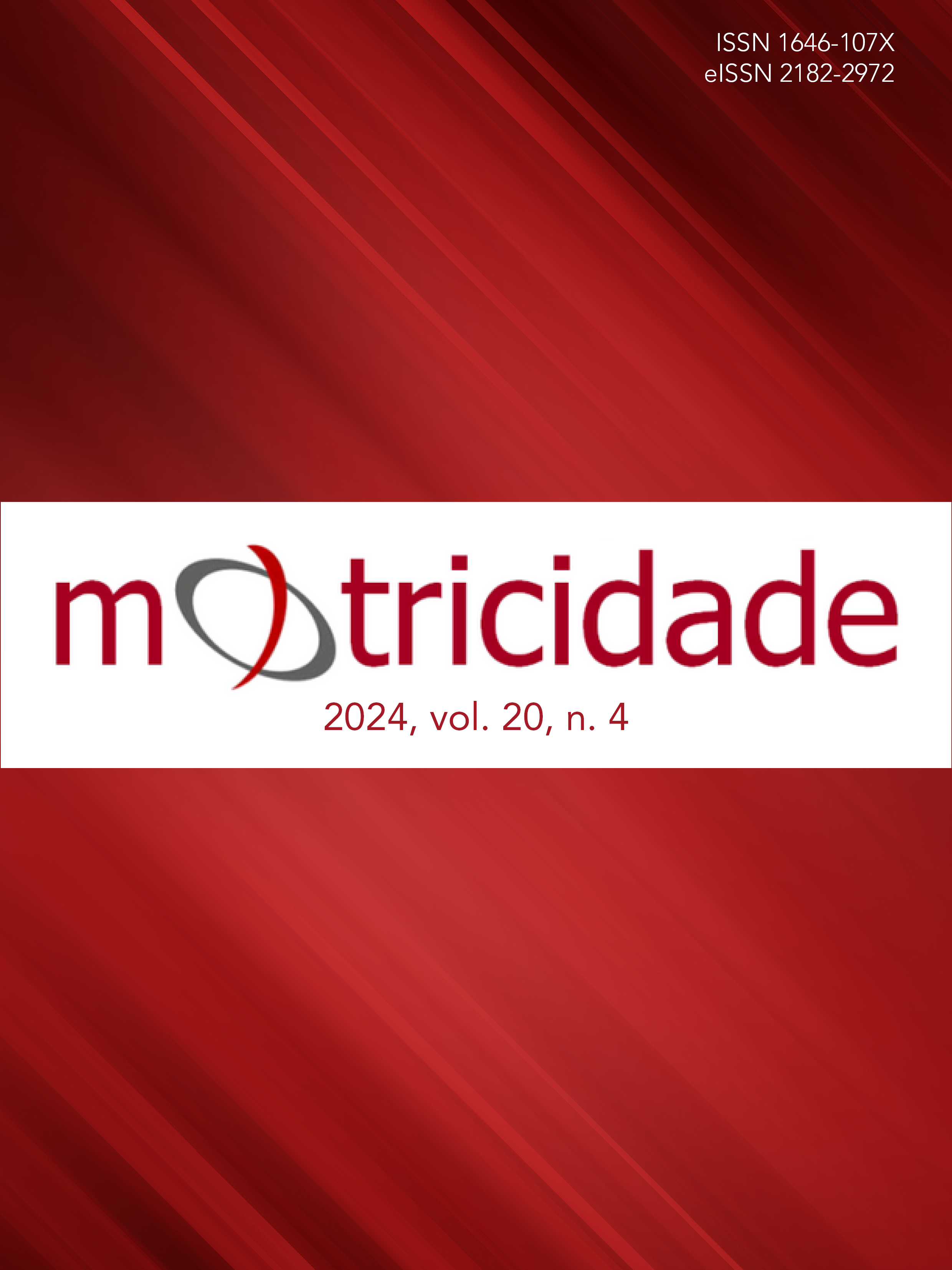Psychological Impact of the Sars-Cov-2 Pandemic on University Students: A Systematic Review
DOI:
https://doi.org/10.6063/motricidade.35277Keywords:
COVID-19, Contingency measures, Psychological Impacts, University studentAbstract
The objective of this research is to point out studies that describe variables that are associated with the impact of contingency measures resulting from the pandemic on the mental health of university students. A systematic review was carried out, following the PRISMA-P guidelines and PECO approach, and the review protocol was registered in INPLASTY. The search was conducted in five databases from December 2019 to December 2022. A selection process was carried out by title, abstract and full text, according to the inclusion and exclusion criteria. Initially, 27,458 articles were identified, and after eliminating duplicates, applying the inclusion criteria and critical analysis, 11 original articles were selected for qualitative analysis. The sample size was 47,552 participants, the majority of whom were women (68.07%) with an average age of 21.07 years. It was concluded that contingency measures (social isolation, quarantine, distancing) as a measure to prevent the spread of the pandemic had a negative impact on the psychological well-being of university students. Adequate support and research into which interventions can mitigate these risks are essential. We suggest the implementation of psychological interventions, which should be promoted proactively, to minimise negative impacts.
Downloads
Published
Issue
Section
License
The authors of submitted manuscripts must transfer the full copyright to Journal Motricidade / Desafio Singular Editions. Granting copyright permission allows the publication and dissemination of the article in printed or electronic formats and copyrights start at the moment the manuscript is accepted for publication. It also allows Journal Motricidade to use and commercialize the article in terms of licensing, lending or selling its content to indexation/abstracts databases and other entities.
According to the terms of the Creative Commons licence, authors may reproduce a reasonable number of copies for personal or professional purpose but without any economic gains. SHERPA/RoMEO allows authors to post a final digital copy (post-printing version) of the article in their websites or on their institutions' scientific repository.


